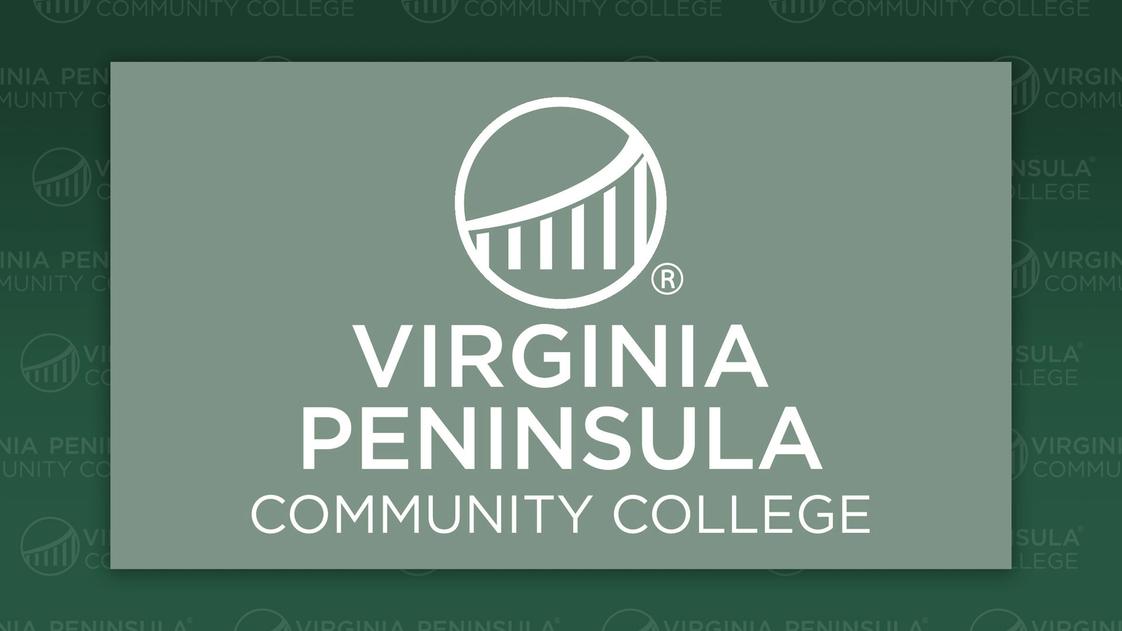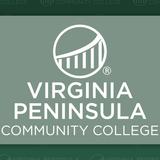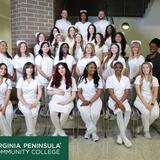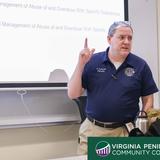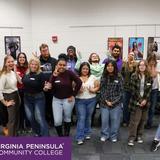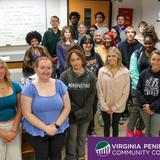- Virginia Peninsula Community College is a two-year institution of higher education established as a part of a statewide system of community colleges. It primarily serves the residents of the cities of Hampton, Newport News, Poquoson, and Williamsburg, and the counties of James City and York. The college operates under policies established by the State Board for Community Colleges and with the guidance of the Virginia Peninsula Community College Board. The administration of the college is directly responsible to the chancellor of the Virginia Community College System. The college is financed primarily by state funds, supplemented by contributions from the participating localities and the federal government.
School Highlights
Virginia Peninsula Community College serves 9,119 students (42% of students are full-time).
The college's student-teacher ratio of 20:1 is lower than the state community college average of 23:1.
Minority enrollment is 58% of the student body (majority Black), which is more than the state average of 53%.
Quick Facts (2025-26)
- Enrollment: 9,119 students
- In-state tuition: $175
- Out-state tuition: $392
- Student-teacher ratio: 20:1
- Minority enrollment: 58%
- Source: Verified school update
Top Rankings
Virginia Peninsula Community College ranks among the top 20% of public schools in Virginia for:
Category
Attribute
Diversity
Community Size
Debt For Students
School Overview
The teacher population of 654 teachers has grown by 47% over five years.
Virginia Peninsula Community College
(VA) Community College Avg.
Carnegie Classification
Associate's Colleges: Mixed Transfer/Career & Technical-Mixed Traditional/Nontraditional
Associate's Colleges: Mixed Transfer/Career & Technical-Mixed Traditional/Nontraditional
Institution Level
Less than 2 yrs
At least 2 but less than 4 years
Institution Control
Public
Public
Total Faculty
654 staff
129 staff
Number of Programs Offered
104
10
Student Body
The student population of Virginia Peninsula Community College has grown by 24% over five years.
The student-teacher ratio of 20:1 has increased from 14:1 over five years.
The Virginia Peninsula Community College diversity score of 0.70 is less than the state average of 0.71. The school's diversity has stayed relatively flat over five years.
Total Enrollment
9,119 students
1,608 students
Student-Teacher Ratio
20:1
23:1
# Full-Time Students
3,837 students
637 students
# Part-Time Students
5,282 students
971 students
# Enrollment Undergraduate
867 students
314 students
# Full-Time Undergraduate Students
n/a
611 students
# Full-Time Graduate Students
n/a
158 students
# Part-Time Undergraduate Students
6,586 students
971 students
# Part-Time Graduate Students
n/a
61 students
Total Dormitory Capacity
n/a
476 students
% American Indian/Alaskan
n/a
n/a
% Asian
5%
8%
% Hispanic
11%
13%
% Black
29%
21%
% White
42%
47%
% Hawaiian
n/a
n/a
% Two or more races
8%
5%
% Non Resident races
1%
2%
% Unknown races
4%
4%
Diversity Score
0.70
0.71
College Completion Rate (Students who graduate in less than 4 years)
31%
41%
College Completion Rate (Students who graduate in 4 years or more than 4 years)
n/a
26%
Average Graduate Earnings (10 Years)
$33,700
$29,600
Tuition and Acceptance Rate
The public in-state tuition of $175 is less than the state average of $3,748. The in-state tuition has declined by 96% over four years.
The public out-state tuition of $392 is less than the state average of $8,977. The out-state tuition has declined by 96% over four years.
In-State Tuition Fees
$175
$3,748
Out-State Tuition Fees
$392
$8,977
% Students Receiving Some Financial Aid
60%
77%
Median Debt for Graduates
$9,500
$10,500
Median Debt for Dropouts
$6,154
$5,500
Acceptance Rate
n/a
59%
Sports
Total Sports Offered
7 sports
Sports
BaseballBasketball
CheeringCross Country
SoccerTrack and Field
Volleyball
Source: 2024 (or latest year available) Integrated Postsecondary Education Data System (IPEDS) , School Administrators
School Notes
- School Mascot: Gator
- Virginia Peninsula Community College prepares students for success in the global community and workforce of the future through the delivery of world-class comprehensive arts and sciences, transfer and occupational/technical programs and workforce development. VPCC enhances the quality of life for citizens in its region by providing high quality, affordable, and accessible post-secondary education. The college offers Programs and Certificates in 40 fields of study. Some of the most popular programs include Accounting, Administrative Support Technology, Business Administration/Management/Marketing, Computer-Aided Drafting, Computer Arts, Information Technology, Nursing and Public Administration. Our campus in Hampton is located on 86.5 acres, and has eight academic buildings housing traditional classrooms, science labs, computer labs, language and graphic arts labs, the Gators Cafeteria, the college bookstore, conference rooms, a Wellness Center, The Dr. Mary T. Christian Auditorium and support offices. VPCC is accredited by the Commission on Colleges of the Southern Association of Colleges and Schools.
Profile last updated:
Frequently Asked Questions
How much does Virginia Peninsula Community College cost?
Virginia Peninsula Community College's tuition is approximately $175 for In-State students and $392 for Out-State students.
What schools are Virginia Peninsula Community College often compared to?
Virginia Peninsula Community Collegeis often viewed alongside schools like Tidewater Community College by visitors of our site.
What sports does Virginia Peninsula Community College offer?
Virginia Peninsula Community College offers 7 interscholastic sports: Baseball, Basketball, Cheering, Cross Country, Soccer, Track and Field and Volleyball.
What is Virginia Peninsula Community College's ranking?
Virginia Peninsula Community College ranks among the top 20% of community college in Virginia for: Diversity in US community colleges, Largest student body and Least debt for graduating students.
In what neighborhood is Virginia Peninsula Community College located?
Virginia Peninsula Community College is located in the Hampton Roads Center neighborhood of Hampton, VA.
Recent Articles

Community College Success Rates 2025: Outcomes & Trends
Updated 2025 analysis of community college success rates, completion, transfer, costs, enrollment, and strategies that shape student outcomes.

Community Colleges in 2025: Combating Stereotypes with Impact
Updated insights on how community colleges are dispelling myths, growing enrollment, and expanding pathways in 2025.

2025 FAFSA Changes Explained for Community College Students
A comprehensive guide to 2025 FAFSA changes, what community college students must know, new eligibility rules, timelines, and tips to maximize federal aid.



